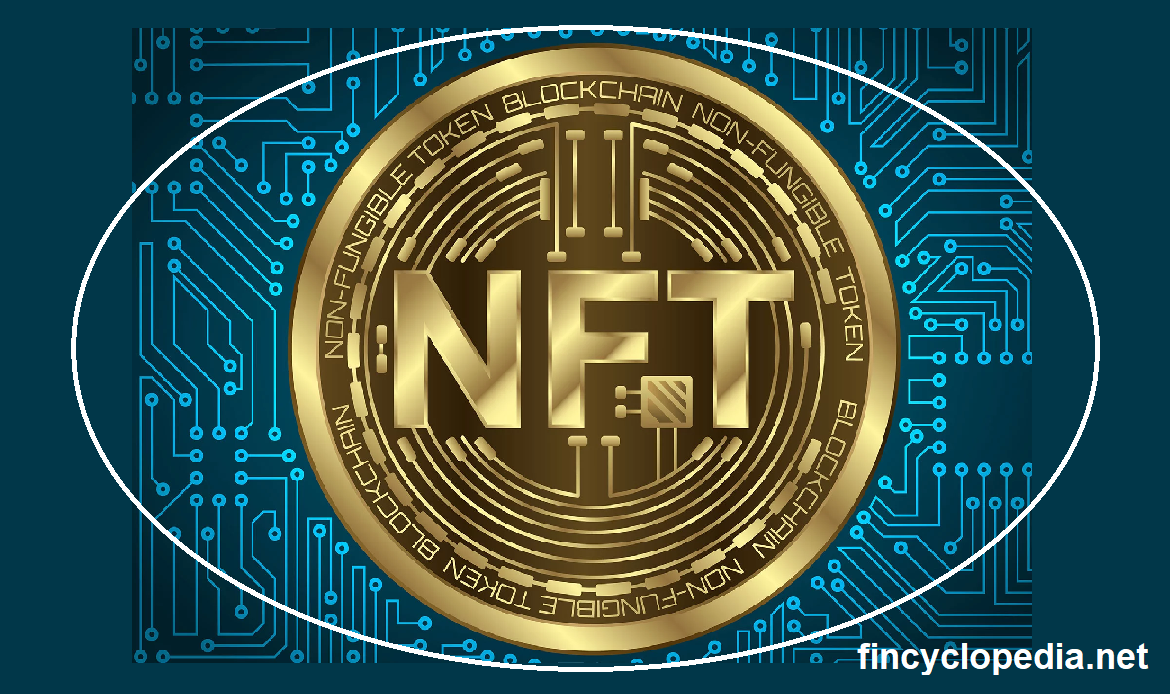A preferred that has no redemption date. In other words, this fixed-rate equity instrument allows the holder no participation in the issuer’s profits (it pays no dividends), and has no defined maturity or repayment date.
However, this instrument has a claim on earnings senior to the claim of common shares. A perpetual preferred is usually issued by financial institutions to obtain permanent equity capital. Sometimes, stock issuers prefer to enhance this instrument with a call option that permits them to recall the issue after a specific period of time. Perpetual preferred stocks may either be issued directly or by virtue of conversion of other securities (such as convertible bonds).
An example is a perpetual preferred stock– with mains features of no maturity date and payments of a fixed dividend upon issue, usually declared and paid quarterly, in perpetuity. Holders of perpetuals do not enjoy voting rights, while the issuers have the right to redeem.






